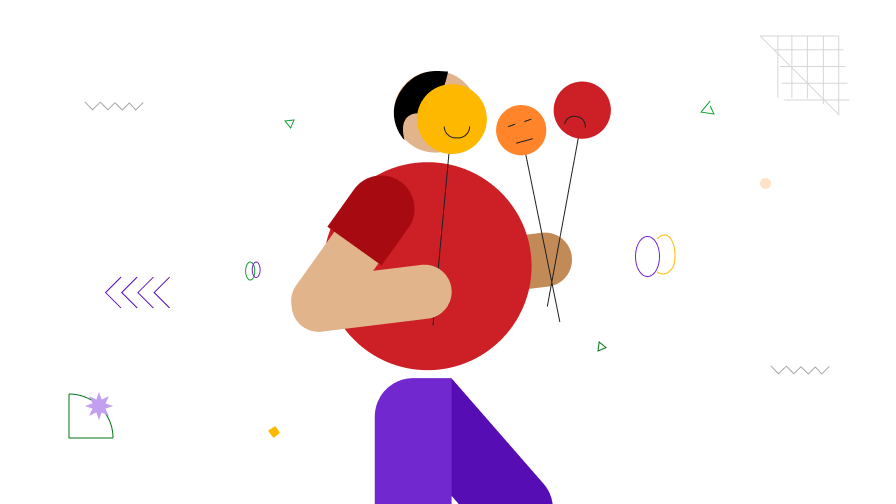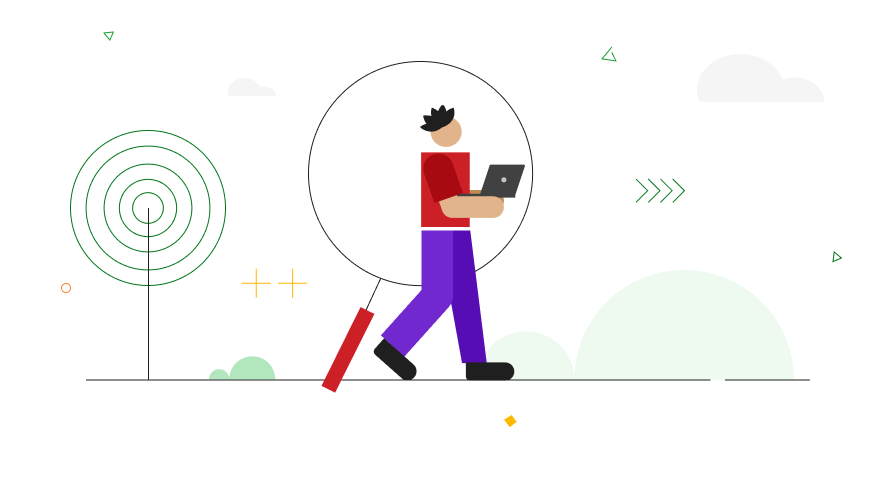Most UI UX designers end up following each other, resulting in similarities in approaches and solutions. To retain and utilize one’s uniqueness, designers need to identify their niche and bring new solutions. Self-evaluation to determine strengths and weaknesses is crucial in finding one’s niche.
What’s a niche?
According to Google, a niche is “a specialized segment of the market for a particular kind of product or service.” You can either find an existing niche or create one by focusing on a specific area of expertise. To determine your niche, you need to evaluate what you enjoy doing and what drives your creativity as a designer.
Tips to self-evaluation
Be a learner
During the initial days of your career, make sure to choose a job that offers opportunities and challenges to explore your creative skills. This will help you discover which niche is best suited for you based on factors like domain, platform, and technology.
Explore options
You can always look up to your seniors or have discussions in design communities to understand what exactly a certain job role demands. This will also help you broaden your arena of what opportunities are available for you based on your skills and knowledge. You may come across new things too, always be ready to try them and see if they interest you or not.
Understand you are different
Designers often get influenced by great work, personalities, and monetary benefits. However, it’s important to understand that what works for someone else might not work for you. Designers should accept others’ personalities but not let them divert them from their niche. This is because many designers feel lost in identity crises at some point in their careers.
How to find your niche?
Now that we have understood what a niche is and how self-evaluation can help you position yourself to a certain niche, let’s see how you can find your niche.
Role positioning
You can position yourself in a specific design role based on your career needs. There are various job roles that come with different tasks, responsibilities, requirements, and feelings. These roles may even interlink, allowing you to perform multiple design roles. Prominent roles in the design industry include UI UX designer, UI designer, Motion designer, Information architect, UX writer, and more.

Platform positioning
As the name suggests Platforming positioning refers to getting your expertise in one platform. As designers, you can work on various platforms but it is suggested that you master one platform. It will not only help you find your niche better but will also help you be the master of one trade because you can always be the jack of all trades in the design industry. For example, if your experience and interest lie in an on-demand service platform like Uber, Heal, Urban Claps, or any other you can get your expertise in this and make it your niche.

Horizontal positioning
We all know designers are meant to solve problems. So what if you can use your expert problem-solving skills for a specific type of problem? Great right? As UI UX designers, you can always help different companies and creators solve certain problems that you are specialized in. Even though it is one of the most common ways UX designers position themselves, it’s always viable too.

Vertical positioning
Unlike horizontal positioning, vertical positioning is where you design for one particular industry. It might be a time taking process to actually be able to position yourself in this niche as getting expertise takes time but you will be specialized in a particular industry for sure. Once you are ready, you can always design for that industry and grow with it.

Personality type positioning
Understanding your personality type is crucial in finding a niche that suits you best. T-shaped individuals have expertise in one area with collaborative skills, while X-type are multi-taskers with great interpersonal skills. I-type individuals who have knowledge in one domain but lack collaboration skills. Knowing your personality type can help you position yourself in the right niche.

Conclusion
These basic ways can help you out, but we’re open to suggestions. Share your thoughts below! Also, remember to upskill yourself with a UI UX Design course to stay on top of your game.


